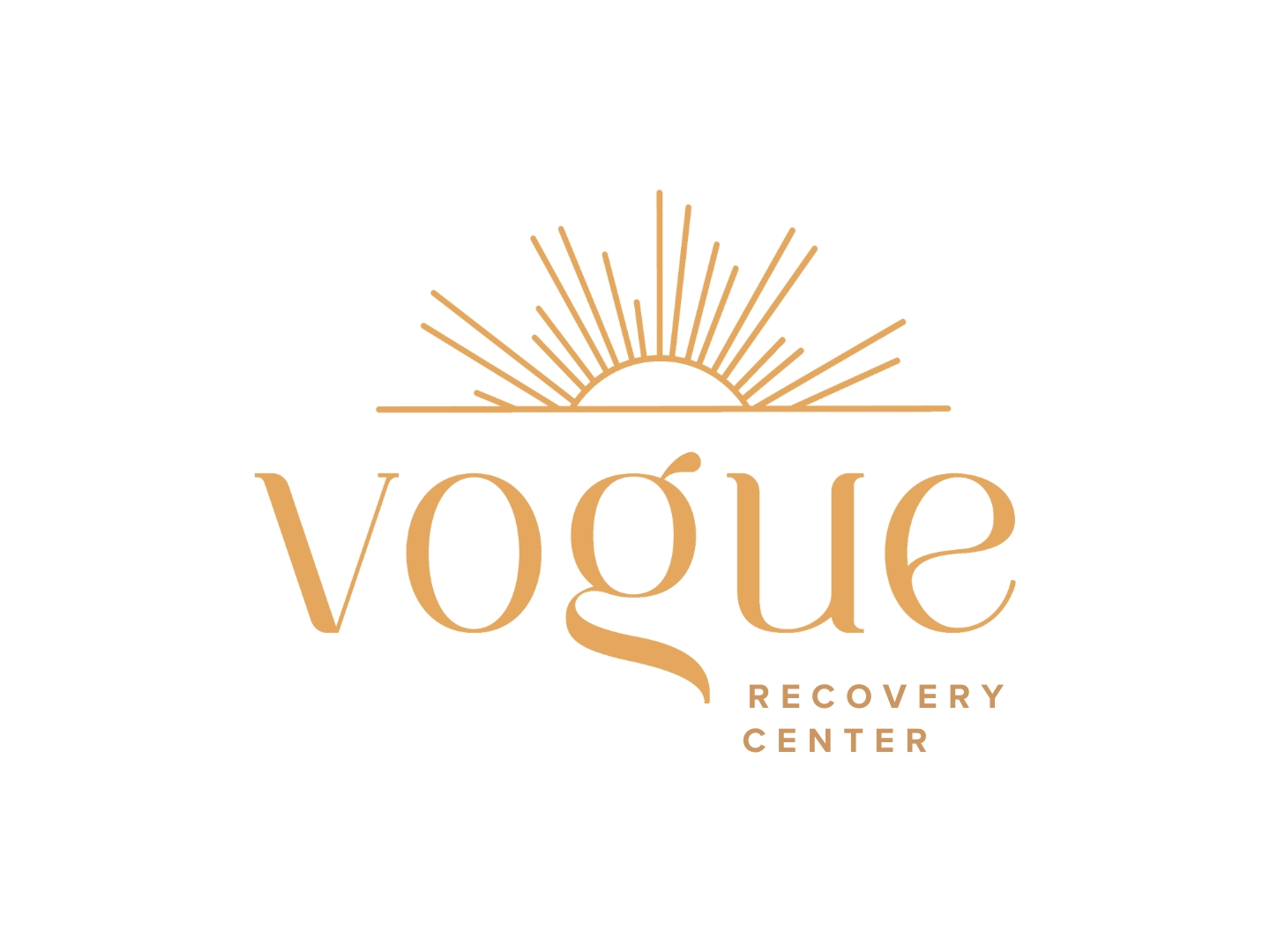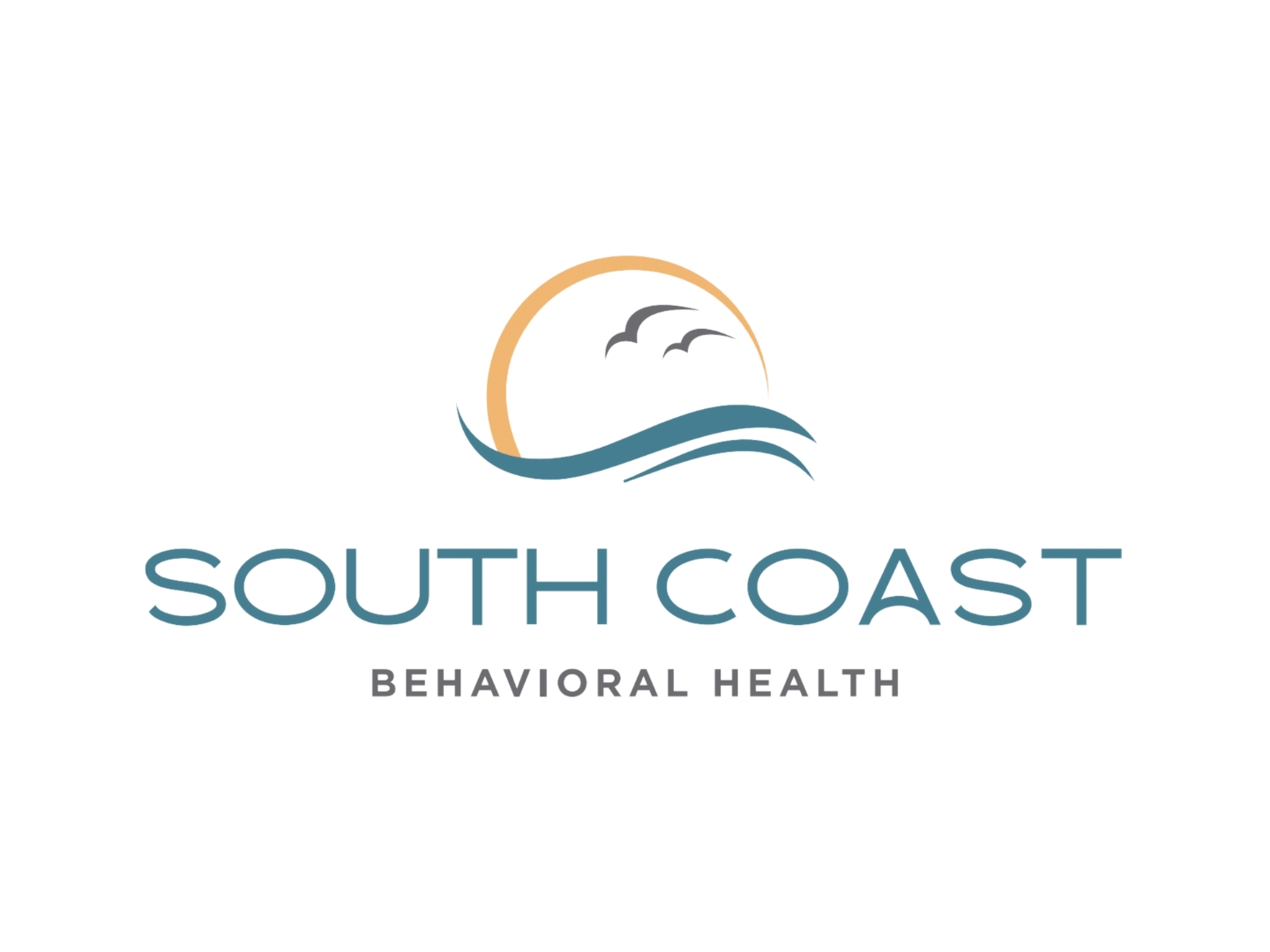Post-Traumatic Stress Disorder (PTSD)
Post-Traumatic Stress Disorder (PTSD) is a mental health condition that can develop after experiencing or witnessing a traumatic event. PTSD can have a significant impact on an individual’s daily life, affecting their thoughts, emotions, and behaviors. It is a complex disorder that requires specialized treatment and support to manage effectively.
A wide range of traumatic experiences, including military combat, natural disasters, sexual assault, and the unexpected loss of a loved one, can trigger PTSD. The symptoms of PTSD can be debilitating and can include flashbacks, nightmares, hypervigilance, and difficulty regulating emotions. Understanding the causes, symptoms, and available treatments for PTSD is key for those affected and their loved ones.
What Is PTSD?
PTSD can be triggered by a wide range of traumatic experiences, including military combat, sexual assault, natural disasters, and the unexpected loss of a loved one. Symptoms of PTSD may include flashbacks, nightmares, intrusive thoughts, avoidance of trauma-related cues, negative changes in cognition and mood, and alterations in arousal and reactivity.
These symptoms must last for more than a month and cause significant distress or impairment in daily functioning to be diagnosed as PTSD. PTSD is a complex disorder that requires specialized treatment, which may include counseling, medication, and trauma-focused therapies. Effective treatment can help individuals manage their symptoms and improve their overall well-being.
What Causes PTSD?
PTSD can be caused by a variety of traumatic experiences, including:
- Military combat or exposure to war-related violence
- Sexual assault or abuse
- Physical assault or abuse
- Serious accidents, such as car crashes
- Natural disasters, such as hurricanes, earthquakes, or wildfires
- Unexpected or traumatic loss of a loved one
- Witnessing violence or a traumatic event happen to others
The severity and duration of the traumatic event, as well as an individual’s personal history and coping mechanisms, can all contribute to the development of PTSD. Certain risk factors, such as a history of mental health issues or previous trauma, can also increase an individual’s vulnerability to developing PTSD.
Talk to an Admissions Representative | Free, No Obligation, 100% Confidential
How Soon Can I Get Help?
No one should have to wait to heal, which is why our specialists are available 24/7 to help guide you through the admissions process every step of the way.
How Is PTSD Diagnosed?
According to the Diagnostic and Statistical Manual of Mental Disorders, 5th Edition (DSM-5), PTSD is diagnosed based on the presence of specific criteria:
Criterion A
Requires exposure to a traumatic event involving death, threatened death, serious injury, or sexual violence. This can be through direct experience, witnessing the event, learning about a traumatic event affecting a close friend or relative, or repeated exposure to the details of a traumatic event (e.g. first responders).
Criterion B
Criterion B: Involves the persistent re-experiencing of the traumatic event through intrusive thoughts, nightmares, flashbacks, emotional distress, or physical reactions to trauma reminders.
Criterion C
Requires avoidance of trauma-related thoughts, feelings, or external reminders of the event.
Criterion D
Addresses negative changes in cognitions and mood, such as an inability to recall key aspects of the trauma, exaggerated negative beliefs, persistent negative emotional states, and diminished interest in activities.
Criterion E
Involves alterations in arousal and reactivity, including irritability, reckless behavior, hypervigilance, exaggerated startle response, difficulty concentrating, and sleep disturbances.
The symptoms must last for more than a month (Criterion F), cause significant distress or impairment (Criterion G), and not be attributable to a substance or medical condition (Criterion H). Clinicians may also assess for the presence of dissociative symptoms or delayed onset of symptoms.
A comprehensive clinical assessment, including a detailed trauma history and evaluation of the full set of DSM-5 criteria, is necessary for an accurate PTSD diagnosis.
Post-Traumatic Stress Disorder Symptoms
The symptoms of Post-Traumatic Stress Disorder (PTSD) can be divided into four main categories:
- Intrusive Thoughts and Memories
One of the core symptoms of Post-Traumatic Stress Disorder (PTSD) is the experience of intrusive thoughts and memories related to the traumatic event. Individuals with PTSD may have vivid flashbacks, where they feel as if they are reliving the trauma. They may also experience distressing and intrusive memories of the event, as well as nightmares that replay the trauma. These intrusive experiences can be accompanied by intense psychological and physical reactions, such as rapid heartbeat, sweating, and feelings of panic or terror. Addressing these intrusive symptoms is a crucial component of PTSD treatment:
- Flashbacks or feeling like the traumatic event is happening again
- Distressing and intrusive memories of the trauma
- Nightmares related to the traumatic event
- Intense psychological or physical reactions to trauma reminders
- Avoidant Behavior
Avoidance is a core symptom of Post-Traumatic Stress Disorder (PTSD), as individuals often try to cope with trauma by avoiding distressing thoughts, feelings, and reminders associated with the event. This avoidance behavior can take many forms, such as avoiding trauma-related activities, memories, or even people and places that serve as reminders of the trauma. Here are some symptoms of avoidant behavior:
- Avoiding thoughts, feelings, or conversations about the trauma
- Avoiding people, places, or activities that are reminders of the trauma
- Negative Changes in Thoughts and Feelings
Individuals with PTSD may find themselves trapped in a cycle of negative thoughts and feelings, constantly ruminating about the traumatic event and its aftermath. They may feel guilty, ashamed, or hopeless, believing they are permanently changed or that the world is dangerous. These negative cognitions can lead to social withdrawal, difficulty forming or maintaining relationships, and disconnection from others. Here are some indications of this trauma-response:
- Persistent and distorted negative beliefs about oneself or the world
- Feelings of detachment or estrangement from others
- Inability to experience positive emotions
- Difficulty remembering key aspects of the traumatic event
- Hyperarousal and Reactivity
One of the key symptom clusters of PTSD is hyperarousal and reactivity, which involves a persistent state of heightened physiological and emotional arousal. This heightened state of arousal can manifest in various ways, including irritability, angry outbursts, difficulty sleeping, and an exaggerated startle response. Individuals with PTSD may find themselves constantly on edge, scanning their environment for potential threats and reacting with intense fear or anger to seemingly innocuous stimuli. This hyperarousal can lead to a range of negative consequences, such as strained relationships, difficulty concentrating at work or school, and an increased risk of substance abuse and other unhealthy coping mechanisms. Here are some indicators of hyperarousal and reactivity:
- Irritability, angry outbursts, or aggressive behavior
- Difficulty sleeping
- Difficulty concentrating
- Exaggerated startle response
- Reckless or self-destructive behavior
These symptoms must last for more than a month and cause significant distress or impairment in daily functioning to meet the criteria for a PTSD diagnosis. Post-Traumatic Stress Disorder (PTSD) can have a profound impact on an individual’s thoughts, feelings, and overall outlook on life. In addition to the intrusive memories, avoidance behaviors, and hyperarousal symptoms, PTSD is often accompanied by significant negative changes in cognition and mood. These changes can manifest in various ways, such as persistent negative beliefs about oneself or the world, feelings of detachment or estrangement from others, and an inability to experience positive emotions. Seeking professional help is crucial for managing and overcoming the debilitating effects of PTSD.
Looking for Mental Health Services?
If you or a loved one is struggling with their mental health, our admissions team is available 24/7. Our compassionate and understanding team can help answer your mental health treatment questions and get you started on the path to recovery.
Deciding to seek trauma treatment can be intimidating. We are here to make this process as easy as possible. Reach out to us today to learn more about how our treatment centers can help!
- How we can help
- Programs and locations
- Payment options
Treatment for PTSD
Addressing the negative changes in thoughts and feelings is a crucial aspect of PTSD treatment. Therapies such as Cognitive Processing Therapy and Cognitive Behavioral Therapy aim to help individuals identify and challenge maladaptive thought patterns, develop more balanced and adaptive beliefs, and gradually restore a sense of safety, trust, and meaning in their lives. By working through these negative changes, individuals with PTSD can begin to regain a sense of control and move toward recovery. Here are a few treatment methods for PTSD:
Psychotherapy
- Trauma-Focused Cognitive Behavioral Therapy (TF-CBT)
- Eye Movement Desensitization and Reprocessing (EMDR)
Medications
Antidepressants, particularly selective serotonin reuptake inhibitors (SSRIs) like sertraline and paroxetine, are commonly prescribed to manage PTSD symptoms.
Holistic Methods
- Meditation and mindfulness practices
- Yoga and other mind-body exercises
- Acupuncture and Traditional Chinese Medicine
- Herbal supplements and aromatherapy
- Massage therapy and other bodywork
- Biofeedback and neurofeedback
- Hypnotherapy and guided imagery
- Art, music, and other creative therapies
- Animal-assisted therapy (e.g. equine therapy)
- Outdoor/nature-based therapies (e.g. ecotherapy)
It’s important to note that while these holistic approaches can be helpful adjuncts to traditional PTSD treatments like psychotherapy and medication, they should not be used as a replacement for evidence-based clinical care.
Combination Approach
A combination of psychotherapy, holistic approaches, and medication is often the most effective approach for treating PTSD. A comprehensive, integrated treatment plan that combines conventional and complementary therapies is often the most effective approach for managing PTSD symptoms and promoting long-term recovery.
Therapy for PTSD
Effective psychotherapy is a cornerstone of PTSD treatment, with several evidence-based approaches demonstrating success in helping individuals manage their symptoms and work toward recovery. Some of the most widely used and recommended therapies for PTSD include:
Trauma-Focused Cognitive Behavioral Therapy (CBT)
This therapy helps individuals identify and challenge negative thought patterns related to the traumatic event and gradually confront trauma reminders in a safe and controlled environment.
Eye Movement Desensitization and Reprocessing (EMDR)
EMDR utilizes rapid eye movements or other forms of bilateral stimulation to help the brain process and integrate traumatic memories, reducing their emotional intensity and vividness.
Exposure Therapy
This therapy involves gradually exposing the individual to trauma-related thoughts, feelings, and situations, with the goal of reducing the fear and anxiety associated with the trauma.
Acceptance and Commitment Therapy (ACT)
ACT focuses on helping individuals accept their thoughts and feelings while committing to values-based actions that can improve their overall quality of life.
Dialectical Behavioral Therapy (DBT)
DBT combines elements of CBT with mindfulness and emotion regulation strategies to help individuals develop coping skills and improve their ability to manage intense emotions.
Medication for PTSD
In addition to these psychotherapeutic approaches, medication can also play a role in PTSD treatment by helping to alleviate specific symptoms and improve overall functioning. In general, antidepressants, benzodiazepines, and other supportive medications can provide immense relief for those struggling with PTSD symptoms.
Antidepressants
Antidepressants can help people struggling with PTSD, depression, and other mood disorders. These medications work by balancing chemicals in the brain that affect mood and emotions. They are often prescribed alongside therapy to provide a comprehensive treatment plan.
For instance, selective serotonin reuptake inhibitors (SSRIs) and serotonin-norepinephrine reuptake inhibitors (SNRIs) are commonly prescribed medications for the treatment of Post-Traumatic Stress Disorder (PTSD).
SSRIs, such as sertraline and paroxetine, are considered first-line pharmacological treatments for PTSD. These medications work by increasing the availability of the neurotransmitter serotonin in the brain, which can help alleviate symptoms like intrusive thoughts, avoidance, and emotional numbing. SSRIs are effective in reducing PTSD symptoms and improving overall functioning.
SNRIs, like venlafaxine, also demonstrate efficacy in treating PTSD. These medications target both serotonin and norepinephrine, another neurotransmitter involved in the stress response. By modulating these chemical systems, SNRIs can help manage a broader range of PTSD symptoms, including hyperarousal and hypervigilance.
Both SSRIs and SNRIs are typically used in conjunction with psychotherapy, as the combination of medication and evidence-based trauma-focused therapies is the most effective approach for managing PTSD. The specific medication prescribed will depend on the individual’s symptoms, medical history, and response to treatment.
Benzodiazepines
Benzodiazepines are a class of medications that are commonly prescribed to help manage symptoms of PTSD and anxiety, such as insomnia, hyperarousal, and panic attacks. However, the evidence suggests that benzodiazepines are not an effective long-term treatment for PTSD.
Several systematic reviews and meta-analyses have found that benzodiazepines lack efficacy for PTSD-specific symptoms and may even worsen the prognosis and severity of the disorder. Benzodiazepines can impair emotional processing and memory, which are crucial for effective PTSD treatment. They may also increase the risk of developing PTSD in individuals who have recently experienced trauma.
Additionally, benzodiazepines carry a high risk of dependence and addiction, which can exacerbate substance abuse issues that are common in those with PTSD. They can also interfere with evidence-based psychotherapies, such as exposure therapy, that are considered the first-line treatments for PTSD.
While benzodiazepines may provide short-term relief for anxiety symptoms, the potential risks and lack of long-term benefits make them a relatively contraindicated treatment for PTSD. Clinicians are advised to exhaust other evidence-based options, such as antidepressants and trauma-focused therapies, before considering benzodiazepines for PTSD.
Supportive Medication
In addition to psychotherapy, certain medications can be used to support the treatment of PTSD. One example is the alpha-1 blocker Prazosin, which has been found effective in reducing trauma-related nightmares and improving sleep quality in those with PTSD. Prazosin works by blocking the action of norepinephrine, a neurotransmitter involved in the stress response. By reducing nightmares and enhancing sleep, Prazosin can help PTSD clients better engage in and benefit from trauma-focused therapies. While not a standalone treatment, supportive medications like Prazosin can be a valuable adjunct to comprehensive PTSD care.
Are you ready to leave drugs & alcohol in your past? Reach out today through live chat, email, or phone.
The Link Between Addiction and Trauma
There is a strong link between trauma and addiction. Many individuals with PTSD turn to substance abuse as a maladaptive coping mechanism to numb emotional pain or avoid trauma reminders. In turn, substance abuse can exacerbate PTSD symptoms and lead to a vicious cycle of trauma and addiction. Treating both PTSD and addiction concurrently is crucial for breaking this cycle and promoting long-term recovery.
Dual Diagnosis Treatment for PTSD and Substance Abuse
Individuals with co-occurring PTSD and substance use disorders (SUDs) require a specialized “dual diagnosis” treatment approach. This involves addressing both the trauma-related symptoms and the addiction simultaneously, often through a combination of evidence-based psychotherapies, medication management, and comprehensive addiction treatment. Integrated treatment programs that are equipped to handle the complex needs of those with PTSD and SUDs can lead to better long-term outcomes.
Self-Assessment: Am I Addicted?
"*" indicates required fields
How Much Does PTSD Treatment Cost?
Understanding the cost of PTSD treatment is crucial for anyone seeking relief from the symptoms of Post-Traumatic Stress Disorder (PTSD). The price can vary widely depending on several factors, including the type of treatment, the provider’s qualifications, the location where you’re receiving care, and whether or not your insurance plan covers mental health services.
Inpatient PTSD treatment costs are considerably higher due to 24/7 care, housing, and additional services provided. These PTSD treatment programs can range in cost depending on the facility’s amenities and reputation. Alternatively, outpatient PTSD treatments such as cognitive-behavioral therapy (CBT) or eye movement desensitization and reprocessing (EMDR) typically cost less per session. With that being said, partial hospitalization programs and intensive outpatient programs may cost more compared to traditional outpatient programs due to the increased level of care and time commitment required. It’s also important to consider medication management as part of PTSD treatment. The cost of medication for PTSD will vary based on the type and availability of generic versions.
Is PTSD Treatment Covered by Insurance?
Navigating insurance coverage for PTSD, especially in the context of rehab, can be a challenge. For many people considering PTSD treatment, understanding their insurance benefits is a critical first step.
While some insurance plans cover therapies as part of mental health services, coverage specifics vary widely. In rehab settings, insurance often covers a portion of therapy costs, including trauma treatment, but copays, deductibles, and coverage limits may apply.
If you or someone you know is searching for trauma therapy or other mental health services, Aliya Health Group is here to assist you. Contact us today to receive assistance in verifying your insurance coverage for PTSD treatment. Our admissions team can contact your insurance provider directly and provide you with a clearer picture of what treatments are covered under your plan and what out-of-pocket expenses you might expect.
We accept health insurance
Aliya Health Group accepts most major health insurance providers on both a national and local level. Some of the health insurance providers we work include:







Check to see if your insurance is in-network at one of our rehab facilities.
PTSD Treatment at Aliya Health Group
Aliya Health Group offers specialized trauma-based treatment for veterans and others suffering from PTSD. Our tailored approach addresses the painful memories, flashbacks, and co-occurring issues like anxiety, depression, and substance abuse that often accompany PTSD.
Intensive, Trauma-Informed Care for PTSD
Intensive, trauma-informed care for PTSD involves a comprehensive, holistic approach that addresses all aspects of the individual. Treatment programs that offer this level of care work closely with clients to create a tailored treatment plan using a combination of evidence-based therapies and alternative treatments.
Evidence-based therapies may include:
- Cognitive Processing Therapy (CPT)
- Prolonged Exposure Therapy (PE)
- Eye Movement Desensitization and Reprocessing (EMDR)
These therapies help clients process traumatic memories, change unhelpful thought patterns, and gradually confront trauma reminders in a safe environment.
In addition to psychotherapy, alternative treatments like massage, acupuncture, yoga, and meditation are often incorporated to promote relaxation, reduce stress, and support overall well-being. The goal is to provide a multifaceted approach that addresses the complex needs of those who have PTSD.
Intensive, trauma-informed care typically involves frequent sessions, close monitoring by the treatment team, and a strong emphasis on patient education and empowerment. By working closely with patients and using a combination of evidence-based and complementary therapies, these programs aim to help individuals with PTSD achieve lasting healing and recovery.
Treatment For PTSD and Trauma Near Me
Many treatment centers offer specialized programs for PTSD and trauma, often incorporating a combination of psychotherapy, medication management, and holistic approaches. Seeking care from a provider experienced in treating PTSD is crucial for finding the right treatment plan and achieving the best possible outcomes. With various facilities, Aliya Health Group offers mental health and addiction treatment. Contact Aliya today to find out more and begin your journey to recovery and healing.
Client Testimonials






Change your life with one call.
We can help.
Frequently Asked Questions
Before entering outpatient treatment for substance abuse, most people have a long list of questions and concerns. To help you gain a better understanding of what to expect during outpatient programs, we have compiled a list of our most frequently asked questions.
Yes, our rehabilitation facilities have designated smoking areas available. However, kindly note that all cigarettes brought into the facility must be in unopened packs or cartons. The same rule applies to any cigarettes sent or brought by family or friends. Our staff will be more than happy to provide you with additional details regarding these guidelines during the admission process.
Yes, in most cases, we can offer repayment options tailored to your unique circumstances. For more details regarding personal repayment options, we recommend reaching out to our admissions team. They’ll be more than happy to assist you.
We accept all major insurance plans at our treatment locations. To learn more about insurance and treatment cost, contact our admissions team or fill out our secure insurance verification form.
Yes, we provide integrative dual diagnostics alongside a wide array of treatment modalities. Our core objective revolves around tackling addiction, while simultaneously addressing the underlying factors that contribute to substance use disorders. Our mission is to deliver effective and holistic care that encompasses both symptom management and the exploration of root causes of addiction.
In terms of cost, outpatient treatment is typically more affordable than inpatient options which require round-the-clock medical supervision. This makes it a viable solution for individuals who may be deterred from seeking help due to financial constraints.








